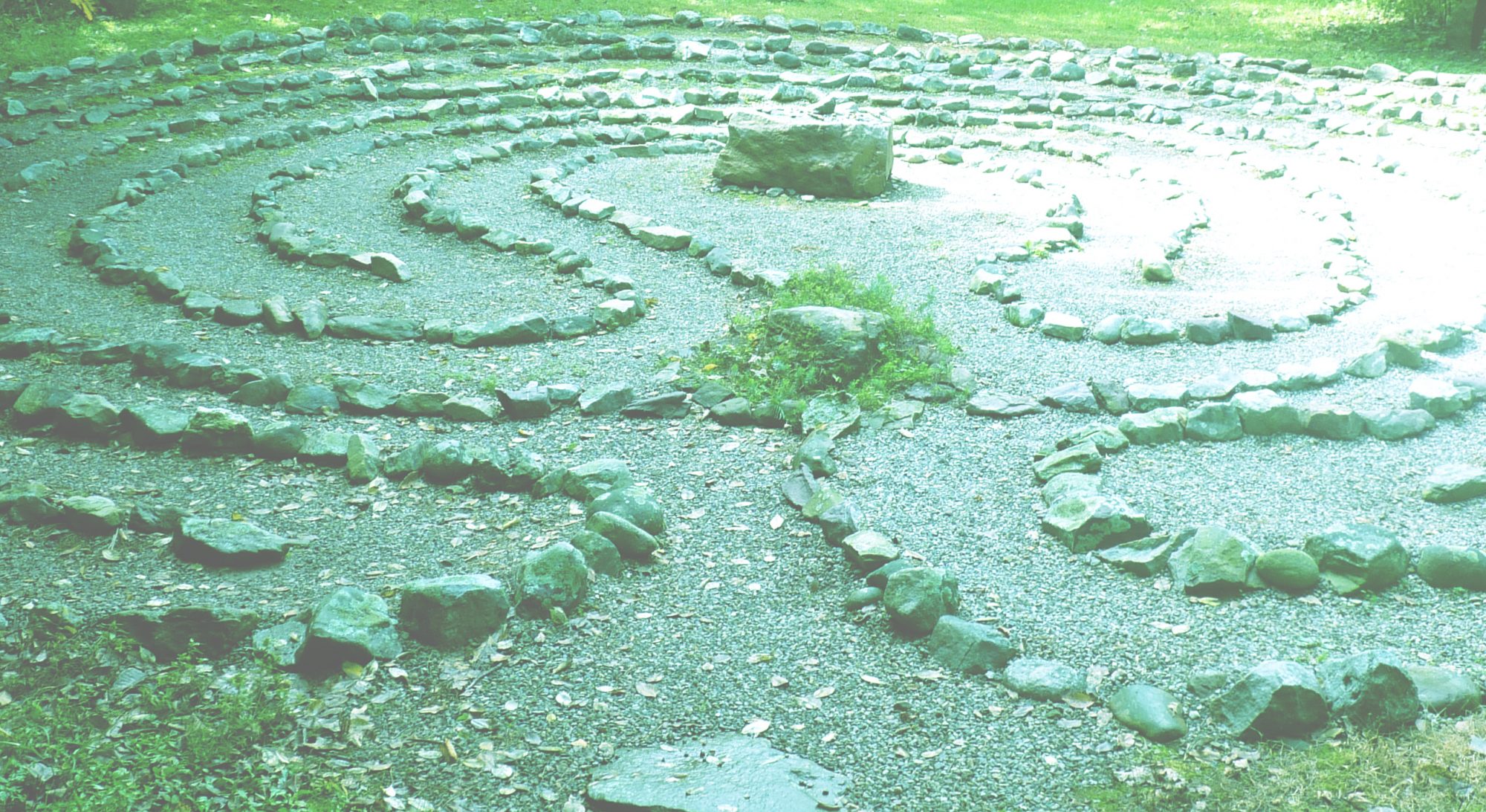Gordon Cooper, AODA, OBOD, Etc.
January 2008
The Seeker asked: With all the people out there claiming to be a Druid how do we know how to separate fact from fiction? There is so little known about them, how do you separate Revivalist material from what’s real? I know research is the way but I get a lot of conflicting information.
The Teacher replied: I would like to answer this by way of a story. Once, long ago when we hadn’t come down from the trees, Einegen and Llew went on a quest to discover the secrets of the salmon of wisdom. It was said that if the salmon were to be caught he/she would reveal all the secrets of Ogham. After many twists and turns, they arrived at the well of the world, located in a grove guarded by nine willow-women who continually sang the praises of Creation, the song that maintained the world.
Once they had caught the salmon, they discovered that it had removed all of its spots, and had concealed all of Ogham in a secret place where it would be safe. Though unhappy, the two almost-gods accepted the truth of the salmon’s wisdom: the world was not yet fully formed into the 9 duile of manifestation.
Time passed, invasions came and went, and the world of mankind rolled along lacking the primal magic of spelling, writing and singing.
A plague fell over the land, and another dangerous journey was made to the well at the South of the World, the one that balanced the Northern mysteries. This well also had a salmon, but the well went into the sky, and not the ground.
Llew was told to return home, and that the secret would be revealed by the 9th wave of manifestation. Llew and Einegen returned to Llew’s keep, where both of them sat for long hours at the seaside, waiting for the 9th wave.
Almost casually, Llew’s traveling companion, Mortimer the Penguin, was swimming to the shore. As the light of the sun hit its wings, the almost-gods could see the ogham few, all that were possible, glowing on Mortimer’s wings.
The secret had been there all along.
The Discourse: There, I’ve done it. I have made a new myth and empowered it with all the energy contained in a large glass of lime koolaid.
Mortimer is now a thought form, turned loose into the world of Druidry.
(I expect Mortimer sightings any day now.)
How do we decide what is real and what isn’t? That depends on how you parse data and build your world. To me, all of Druidry had to be new at some point. If a Druid is a Druid is a Druid, the definition is one of self-manifestation and to a lesser extent, community acceptance. The critical piece of this, the one that is often missed, is manifestation. At the end of the day, does your method deliver awen or not? Does it lead to something comprehensible, useful, or beautiful that derives from your workings and approaches.
Saying “I made this up a week ago and it works” to me is more useful than pretending to crib it out of some ancient Neanderthal oral tradition. Embracing the creativity of the poet, the smith, the potter, the builder and honoring it seem to me to be part of the tradition worth keeping alive. So long as the artist does not make the claim that their methodology is equivalent with universal utility or truth it is relevant. Some years ago I derived a tool I find useful for discussing validity and authority in Druidry and Wica:
There, is myth, legend, and history. The three things are not the same and cannot be usefully confused, even though they are confused all of the time.
The entry into mythic time and space, the desire for the oldest, best, most complete story is a paradigm that drives anthropology, linguistics and almost every other discipline that employs methodological thinking and reasoning. However, this myth may not relate to the actual ground truth of the data. Nor does it have to be.
To some degree I think that awen and magic require participation in the Eternal cosmos that always has been, and manifestation in the World of transient things and times that are here and now.
I say this advisedly, as I’ve seen some truly bizarre things, such as Lugh locally becoming a dark, dangerous god of sacrifice at harvest time, with a certain amount of unpleasant mediumistic contact with this energy form that more than a few people seem to enjoy. Not all data is created equal, but lacking a handy Crowleyometer, sometimes it is hard to say what is useful and will endure.
© Gordon Cooper. 2007
